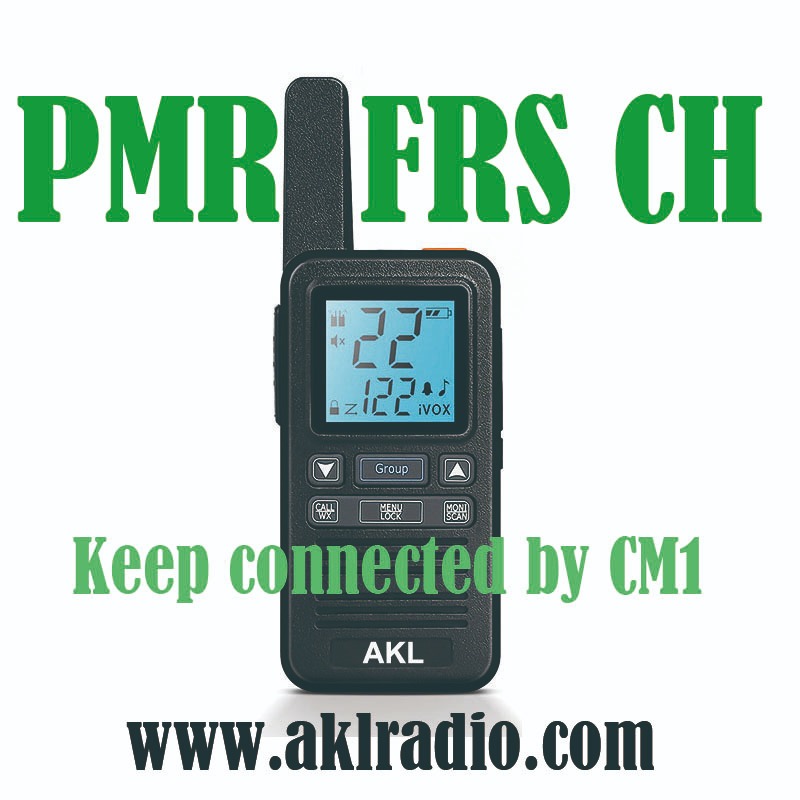CCPA Issues Guidelines to Regulate Walkie Talkie Sales on E-commerce Platforms
The CCPA is stepping in to force e-commerce platforms and sellers to clearly inform buyers about the licensing requirements for walkie-talkies sold online, aiming to stop the illegal sale of non-compliant devices that pose security and safety risks, while protecting consumers from misleading advertising.
5/30/20252 min read


Based on the article title ("CCPA Issues Guidelines to Regulate Walkie-Talkie Sales on E-commerce Platforms") from The Economic Times, here's a summary of the key points and significance:
Core Development
Regulator Involved: The Central Consumer Protection Authority (CCPA) has taken action.
Target: Sales of walkie-talkies on e-commerce platforms (like Amazon, Flipkart, etc.).
Action: Issued guidelines to regulate these sales.
Why is this Happening?
Licensing Requirements: Walkie-talkies operate on specific radio frequencies in India, which generally require a Wireless Operating License (WOL) from the Department of Telecommunications (DoT) under the Indian Wireless Telegraphy Act. Selling/buying without adhering to these rules is illegal.
Illegal Sales & Misrepresentation: E-commerce platforms were likely flooded with walkie-talkies (often imported) that:
Operated on restricted frequencies without requiring a license (illegally).
Were falsely advertised as "license-free" when they actually required a license in India.
Lacked proper declarations about licensing needs.
Consumer Protection & Safety: Unlicensed walkie-talkies pose risks:
Interference: Can disrupt critical communication networks (police, aviation, defense, emergency services).
Security: Potential for misuse.
Consumer Harm: Buyers purchasing devices under false pretenses could face legal consequences or have devices confiscated.
What the Guidelines
Clear Licensing Information: Sellers must prominently display whether the walkie-talkie requires a WOL license or falls under the genuinely license-free category (like low-power PMR446 devices meeting Indian standards).
Accurate Product Descriptions: Ban on misleading terms like "license-free" unless the device truly complies with Indian regulations for license-exempt use.
Seller Verification: E-commerce platforms will likely need to ensure sellers comply with these disclosure requirements and potentially verify the legality of the devices being listed.
Consequences for Non-Compliance: Sellers/platforms failing to adhere may face penalties under consumer protection laws or other relevant regulations (like the Wireless Telegraphy Act).
Significance
Crackdown on Illegal Imports/Sales: This is a direct move to curb the widespread sale of non-compliant walkie-talkies online.
Level Playing Field: Protects legitimate sellers who deal in licensed or truly license-free compliant devices.
Consumer Awareness & Protection: Aims to prevent consumers from unknowingly purchasing illegal devices by forcing transparency.
National Security & Order: Addresses the critical issue of unauthorized devices interfering with essential communication services.
E-commerce Accountability: Places responsibility on platforms to police listings for compliance with telecom and consumer protection rules.
In essence: The CCPA is stepping in to force e-commerce platforms and sellers to clearly inform buyers about the licensing requirements for walkie-talkies sold online, aiming to stop the illegal sale of non-compliant devices that pose security and safety risks, while protecting consumers from misleading advertising.
Chenghui International Park ,Nan 'an,Quanzhou ,Fujian ,China 362300.
Your Secure Communication Is Our Mission


allyxubin
ally@akl-tech.com anson@akl-tech.com
© 2024-2025 All rights reserved. AKL Technology Co.,Limited All Rights Reserved.
POC Radio
DMR Radio
Analog Radio
Radio Accessories
86-15859775920
